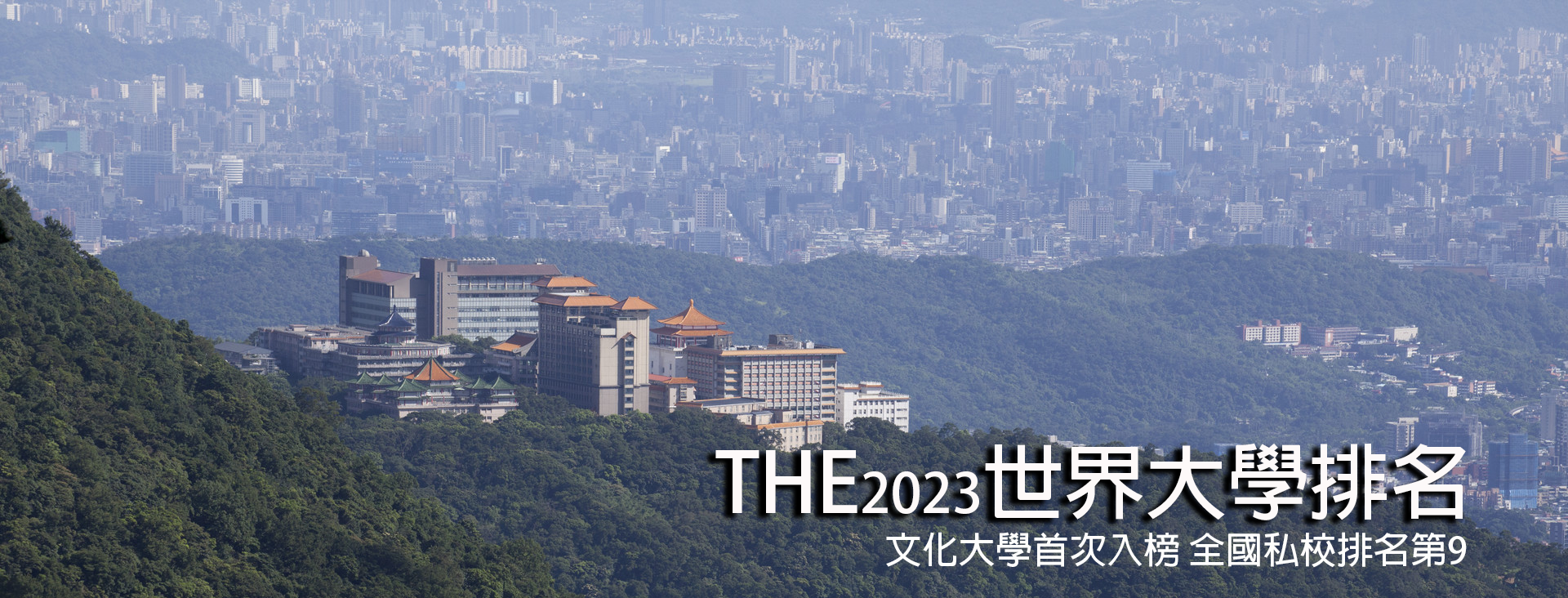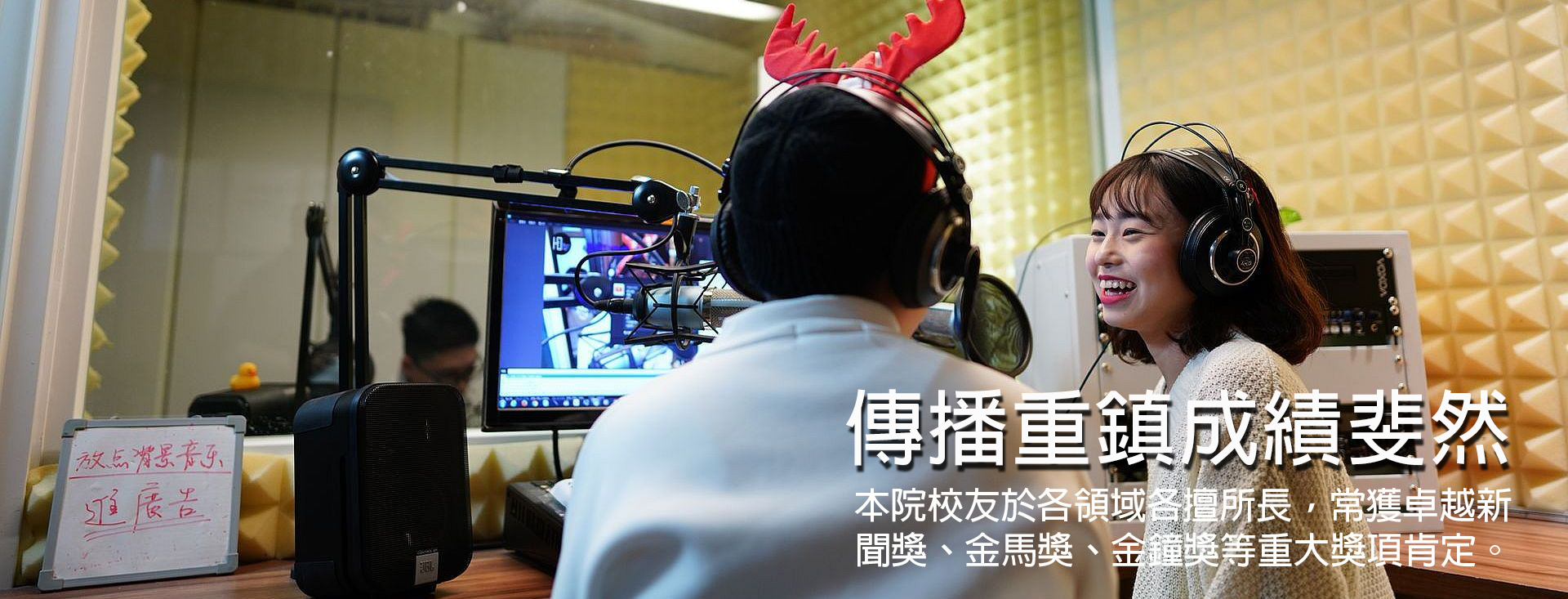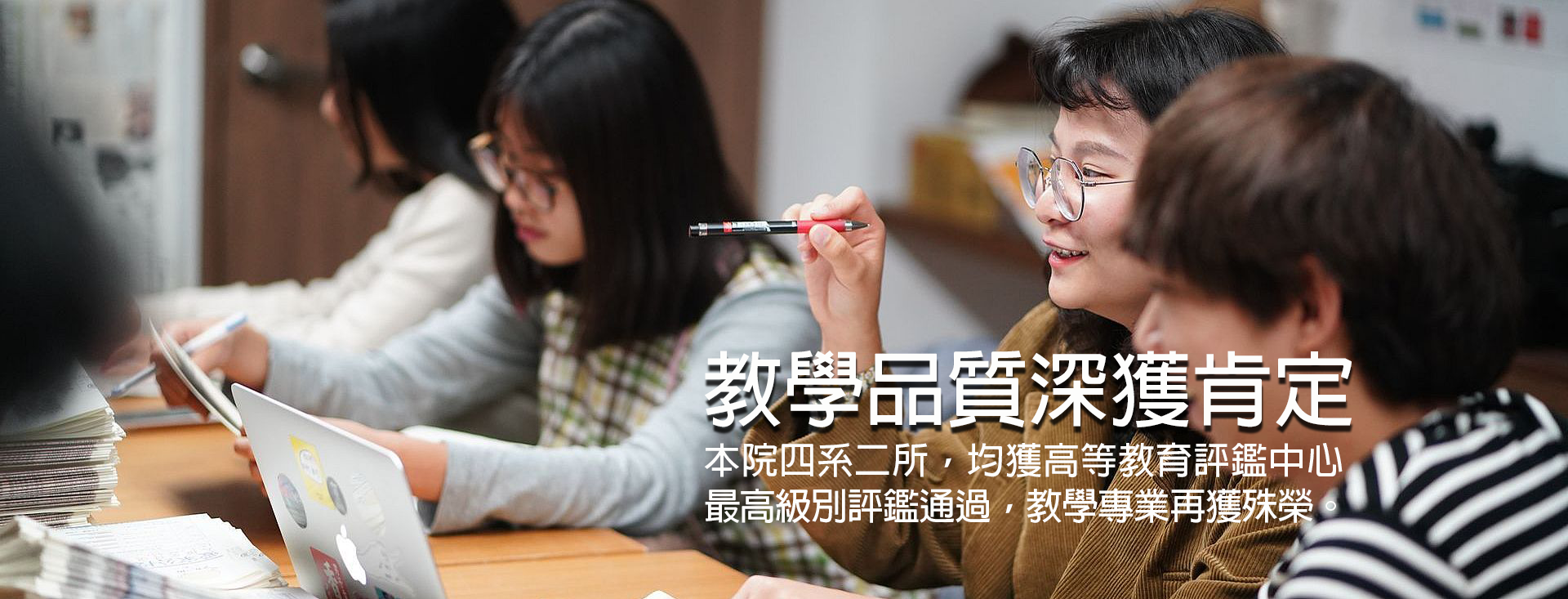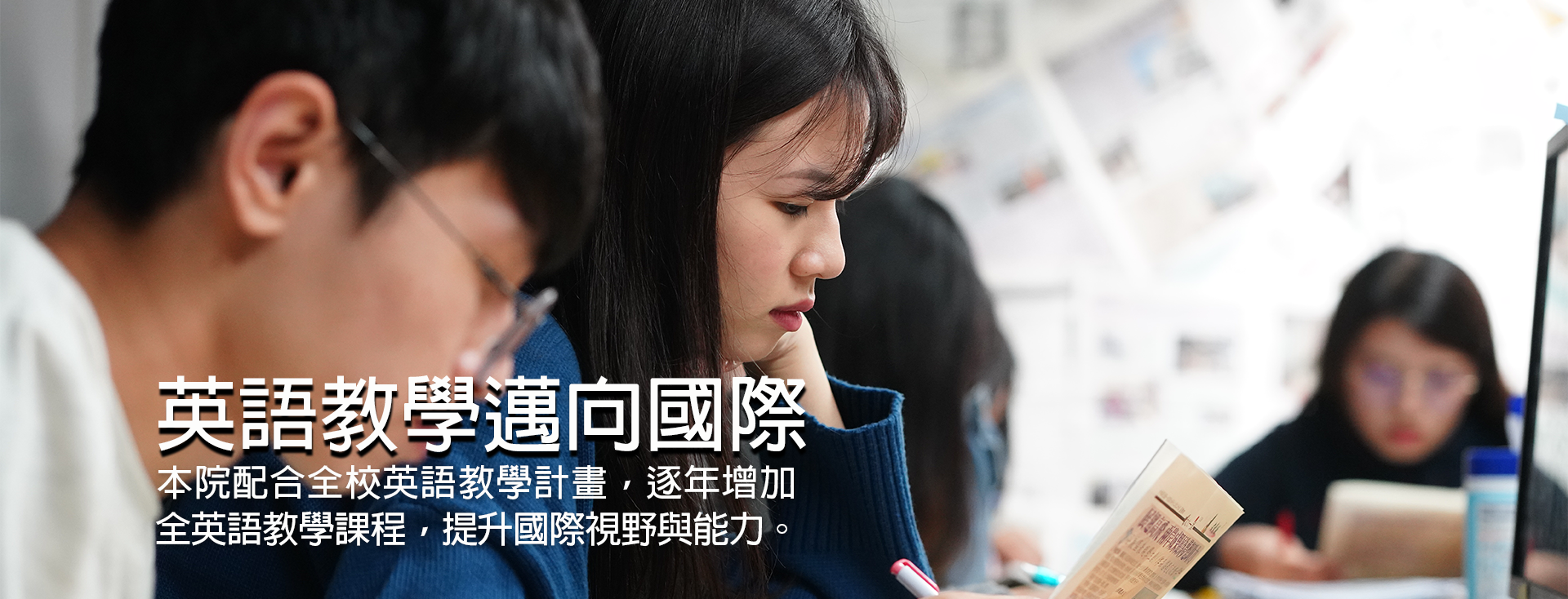本院成員
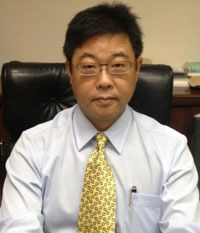
我們的院長:胡幼偉教授
現任:
中國文化大學 新聞暨傳播學院院長
中國文化大學 新聞學系教授
Research interests: news ethics, political communication, and international communication.
Biography
Yu-Wei Hu was a professor of the graduate institute of mass communication in National Taiwan Normal University (NTNU), and currently a professor of Journalism in Chinese Culture University.
Hu got his BA and MS from National Chengchi University in journalism and then a Ph D. from Southern Illinois University at Carbondale also in journalism.
Hu had been teaching mass communication theory, research methods, political communication, and public opinion research for over 20 years in NTNU. Earlier in his career in 1980s, he had been a newspaper and magazine reporter of political news.
Previous degree
Southern Illinois University at Carbondale, Ph.D in Journalism
National Taiwan Chengchi University, MA in Journalism
National Taiwan Chengchi University, BA in Journalism
Academic references
International Conference:
Wanta. W., Hu, Y. W. (1991). Personal characteristics and susceptibility to media agenda-setting influence. the annual meeting of the Mass Communication Division at the International Communication Association,Washington, D.C, USA.
Wanta, W., Wu, Y. C., & Hu, Y. W. (1993). Nonreaders, Single Newspaper Readers and Multiple Newspaper Readers: A Discriminant Analysis.
Paper presented at the Annual Association for Education in Journalism and Mass Communications Conference, Newspaper Division, Kansas City.
Hu, Y. W. (1994). Reconsidering the theoretical linkage between risk communication and relative personal invulnerability: A path analysis. the Association for Education in Journalism and Mass Communication.
Hu, Y. W. (1997). The third-person effect of election news: The synthesis of contingent factors into a causal model. Paper presented to the Communication Theory and Methodology Division, the Association for Education in Journalism and Mass Communication. Chicago, Illinois, USA。
Hu, Y. W. (1998). The “critics,” “believers,” and “outsiders” of election polls: Comparing characteristics of the third-person effect, first-person effect and consensus effect. the annual meeting of the Association for Education in Journalism and Mass Communication, Baltimore, Maryland, USA.
Hu, Y. W. (1999). The third-person effect: Social cognition or academic creation? the annual meeting of the Association for Education in Journalism and Mass Communication, New Orleans, Louisiana, USA.
Hu, Y. W. (2000). Communication behavior as a critical factor on the third-person effect。the annual meeting of the Association for Education in Journalism and Mass Communication, Phoenix, Arizona, USA.
Hu, Y. W. (2000).Testing a theoretical model on the third-person effect: Perceived impacts of election polls. the Association for Education in Journalism and Mass Communication.
Hu, Y. W. (2001). The female audiences of media sports: A survey report from Taiwan. Paper.the Association for Education in Journalism and Mass Communication,Washington, DC, USA.
Hu, Y. W., Tsai, C. C. (2002). Analyzing the news about Taiwan’s Fourth Nuclear Power Plant:How well has the public been informed by the media?the Association for Education in Journalism and Mass Communication,Florida, USA。
Chang, J.C. & Hu, Y.W. (2015). Exploring Taiwanese people’s media literacy: Demographical and media use behavioral analytic approach. Paper presented at The Fourth International Conference of Media Literacy: Multidisciplinary Approach of Media Literacy Research and Practice in Hong Kong, HK.
Jung-chun Asenath Chang &Yu-Wei Hu (2016). Reconstructing ethical norms of communicating celebrities words and deeds among netizens: A case study of Taiwan’s cyber bullying incident from Grounded Practical Theory approach. Paper present at 2016 IAMCR.
Jung-Chun Asenath Chang &Yu-Wei Hu (2016). The news framings and political implications of news photos about HK’s Occupy Central Movement in Global News. Paper present at 2016 IAMCR. (adds angle and shot type as variables, which had been analysed by T-test and Chi-square.)
Hsu-Cheng Chiang, J-C Chang, Yu-Wei Hu (2018). Problems and experiences of teaching big data analysis in Taiwan’s communication schools. Media Education Summit 2018, HK.
Yu-Wei Hu & Chang, J-C (2019). ‘Analyzing the interaction and negotiation between Taiwan presidential election winner and netizens in Facebook: A big-data approach’ NATSA 2019, Seattle, US.
Chang, J-C &Yu-Wei Hu(2019). ‘The necessity of making a law for cyberbullying: Arguments based on Northern American cases and Taiwan’s social context’ FIEDI - XV International Forum on Communication Law and Ethics: Freedom of Expression in the Post-Truth Era, Madrid.
Chang, J-C &Yu-Wei Hu(2019). When citizens become alert gatekeepers : Suggestions for reducing the threats of disinformation to democracy. IAMCR Disinformation and Political Processes: media strategies and audience attitudes , Valencia.
Yu-Wei Hu & Chang, J-C (2019). ‘The Interaction Between Politician and Netizens in Facebook: A Big Data Approach. 115th APSA annual meeting, Washington D.C.
Domestic conference in Taiwan:
胡幼偉 (1997)。選舉新聞的第三者效果。中華傳播學會年會,台北縣、台灣。
胡幼偉 (1998)。選舉民調第三者效果的因果分析。中華傳播學會年會,台北市, 台灣。
胡幼偉(1998)。競選傳播研究架構試擬。國立台灣師範大學大眾傳播研究所新聞與選舉策略研討會。
胡幼偉 (1999)。選舉民意調查報導的第一者效果、共識效果及第三者效果研究之區別分析。輔大大眾傳播學系媒介與環境學術研討會,台北、台灣。
胡幼偉 (1999)。職棒新聞內容分析—以八十四年台灣報紙報導為例。中華傳播學會年會,新竹縣、台灣。
胡幼偉 (2000)。網路選舉資訊使用者素描:社會背景、政治參與及傳播行為的多面向觀察。中華傳播學會年會,新竹縣、台灣。
胡幼偉 (2000)。運動傳播現況研究:內容與閱聽人分析。中華傳播學會年會,台北市、台灣。
胡幼偉 (2000)。選舉民調:誰在意、誰相信、影響誰?。中華傳播學會年會,台北市、中華民國。
胡幼偉 (2001)。台灣主要報紙對奧運新聞報導之研究。中華傳播學會年會。
胡幼偉 (2002)。競選行銷傳播策略研究:分析架構之省思。中華傳播學會年會,台北縣, 台灣。
胡幼偉、蔡炯青 (2003)。選舉意見氣候認知型態區別分析:以2002年台北市長選舉分析為例。中華傳播學會年會,新竹縣,台灣。
胡幼偉 (2005)。爭議性外交議題之新聞文本框架分析:以「凱德磊隱匿訪台」事件為例。中華傳播學會2005年年會,台北市、台灣。
胡幼偉、林政谷、林佩霓 (2006)。台灣中間選民社會背景、心理特質與傳播行為分析。中華傳播學會年會,台北市、台灣。
胡幼偉、王筱君、李雅琳 (2007)。魔彈再現?從瀝青鴨等事件檢 視大眾傳播的立即效果。世界華文傳媒與華夏文明傳播學術研討會論文,台北縣、台灣。
胡幼偉、林政谷、陳淑貞、林佩霓(2008)。台灣女性選民特質:政治 與傳播構面的觀察。中華傳播學會年會,台北市,台灣。
胡幼偉、林政谷、陳淑貞、林佩霓 (2008)。台灣女性選民特質:
政治與傳播構面的觀察。中華傳播學會年會,台北市,台灣。
胡幼偉、林政谷、林佩霓 (2008)。台灣女性選民特質:政治與傳播構面的觀察。中華傳播學會2008年年會,台北縣、台灣。
胡幼偉、賴筱桐、祝心瑩、林妤函 (2010)。台灣地方選舉競選傳播個案分析:以2009年宜蘭縣長選舉為例。中華傳播學會年會論文,嘉義縣、台灣。
胡幼偉、黃琬玲、林海嫣 (2012)。2010年臺北市長選舉主要候選人競選傳播模式分析。中華傳播學會2012年年會,靜宜大學。
李芳菱、胡幼偉(2013)。二O一二年第8屆立委選舉競選傳播策略分析
-以台南市第4選區(東區、南區、安平區)為例。中華傳播學會年
會,輔仁大學。
Journal:
Wanta, W., Hu, Y. W. (1993) The agenda-setting effects of international news coverage: An examination of differing news frames. International Journal of Public Opinion Research. International Journal of Public Opinion Research, 5 (3), 250-264.
Wanta, W, Hu, Y. W. (1994). Time-lag differences in the agenda-setting process: An examination of five news media. International Journal of Public Opinion Research, 6 (3), 225-240.
Wanta, W., Hu, Y.W. (1994) The Effects of Credibility, Reliance, and
Exposure on Media Agenda-Setting: A Path Analysis Model .Journalism & Mass Commnication Quarterly, 71 (1), 90-98
Wanta, W., Hu, Y. W., & Wu, Y. C. (1995). Getting more people to read more newspapers: Factors affecting newspaper reading. Newspaper Research Journal. 16 (1). 103-115.
胡幼偉 (1995)。報社甄選記者過程之研究。民意研究季刊(193)。
胡幼偉( 1995)。接觸或迴避選舉民意調查報導之閱聽人在人口學特徵、傳播行為及心理特徵等方面之區別分析。社會教育學刊,24。
胡幼偉 (1995)。「公關管理者」或「公關技術人員」﹖--企業公關負責人專業角色類型初探。廣告學研究(6)。
胡幼偉 (1999)。網路選舉資訊使用者素描:社會背景、政治參與及傳播行為的多面向觀察。理論與政策,13 (3)。
胡幼偉 (2007)。網路選舉資訊使用者的社會背景、心理特質及傳播行為分析:台灣個案。傳播與社會學刊(4)。
胡幼偉 (2007)。台灣中間選民的社會背景、心理特質與傳播行為之分析。選舉評論(2)。
胡幼偉 (2008)。台灣電視政論性叩應節目觀眾特質分析。選舉評論(4)。
Book:
胡幼偉(1998)。傳播訊息的第三者效果:理論探源與實證研究。台灣:五南書局。ISBN:9571115339。
胡幼偉(1998)。媒體徵才:新聞機構甄募記者的理念與實務。台灣:正中書局。ISBN:957-09-1160-3。
胡幼偉(2011)。不要叫我名嘴:電視新聞評論員的職業生涯與工作型態研究。台北市:台灣學生書局。ISBN:9789571515557。
胡幼偉(2013)。大選戰2009年宜蘭與花蓮縣長選舉競選傳播策略分析。台灣:台灣學生書局。ISBN:978-957-15-1588-5。
Articles in books:
胡幼偉、蔡炯青 (2006)。選舉意見氣候認知型態區別分析:以2002 年台北市長選舉為例。選舉過程中的傳播與策略研究。臺灣:世新大學民意調查研究中心。ISBN:957846259-X。
